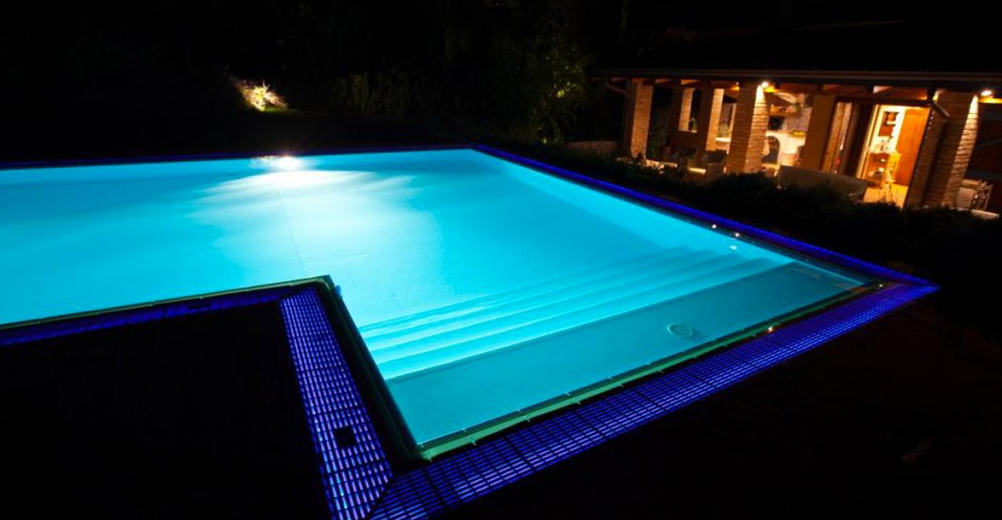Professional swimming pool water testing assists pool owners to enjoy their facility for a long time. Pool water testing also helps pool experts to offer the best advice to their customers and prospects. Having essential pool water test performed will help you to prevent various problems in the future such as algae growth, discomfort symptoms such as irritation on the eyes and skin, as well as, corrosion of crucial and expensive pool equipment such as pool pumps, ladders, and liners. To enjoy the best swimming environment, it is fundamental to have your pool water tested by pool specialists at least two times a week. Pool professionals can help you to collect the best sample for the best results and recommendations.
[mp_row bg_video_youtube_repeat=”true” bg_video_youtube_mute=”true” bg_video_repeat=”true” bg_video_mute=”true”]
[mp_span col=”12″]
[mp_heading]
Why should you hire experts?
[/mp_heading]
[/mp_span]
[/mp_row]
[mp_row bg_video_youtube_repeat=”true” bg_video_youtube_mute=”true” bg_video_repeat=”true” bg_video_mute=”true”]
[mp_span col=”12″]
[mp_code]
Working with highly-skilled and experienced pool professional assures you of accurate results. Installing a modern pool facility is an expensive and a tedious undertaking. You can’t imagine witnessing your pool equipment failing to serve the intended purpose after investing thousands of dollars in it. Any recommendation and suggestions concerning the proper maintenance of your pool facility can only be based on accurate pool water testing. Any reputed firm offering these services ensures that they are giving their esteemed customers accurate results so as to maintain them and benefit from referrals. Experts suggest that the water sample should be collected in a clean plastic container or sample bottle. The sample water should also be collected from the deepest end of your pool. The specialist should collect at least 8 ounces of pool water.
[/mp_code]
[/mp_span]
[/mp_row]
[mp_row bg_video_youtube_repeat=”true” bg_video_youtube_mute=”true” bg_video_repeat=”true” bg_video_mute=”true”]
[mp_span col=”12″]
[mp_heading]
What are the parameters considered when performing professional swimming pool water testing?
[/mp_heading]
[/mp_span]
[/mp_row]
[mp_row bg_video_youtube_repeat=”true” bg_video_youtube_mute=”true” bg_video_repeat=”true” bg_video_mute=”true”]
[mp_span col=”12″]
[mp_code]
The main parameters considered when carrying out specialized pool water testing include the pH level, Total Alkalinity, Free Chlorine, and Calcium Hardness.
For accurate results, all the four tests must be performed by certified and experienced pool specialists. Each test requires a distinct procedure to be followed.
[/mp_code]
[/mp_span]
[/mp_row]
[mp_row bg_video_youtube_repeat=”true” bg_video_youtube_mute=”true” bg_video_repeat=”true” bg_video_mute=”true”]
[mp_span col=”12″]
[mp_accordion mp_style_classes=”motopress-accordion-light”]
[mp_accordion_item title=”Testing the pH Level” active=”false”]
The pH level test is of paramount importance to both the pool owners and the swimmers. Pool specialists use a pH meter to check whether the pool water is within the recommended pH range of 7.2 to 7.6. The professional technician will also advise you on how you can achieve the right pH levels if there is a problem.
[/mp_accordion_item]
[mp_accordion_item title=”Testing Free Chlorine Levels” active=”false”]
Performing free chlorine level test is the best way to prevent discomfort symptoms such as irritating eyes and burning sensations on the skin and nose. The recommended free chlorine levels is 1 to 3 ppm (parts per million). Pool specialists use DPD tablets when performing these tests. Pool experts can provide you with vital advice on how to maintain the proper chlorination levels in the pool water.
[/mp_accordion_item]
[/mp_accordion]
[/mp_span]
[/mp_row]
[mp_row bg_video_youtube_repeat=”true” bg_video_youtube_mute=”true” bg_video_repeat=”true” bg_video_mute=”true”]
[mp_span col=”12″]
[mp_accordion mp_style_classes=”motopress-accordion-light”]
[mp_accordion_item title=”Testing for Total Alkalinity” active=”false”]
It is crucial to have your pool water tested for Total Alkalinity (TA). High TA makes it quite hard to adjust your pool water pH levels as necessary. Low TA significantly contributes to the fluctuations of pH levels. The recommended level of alkalinity is 75 to 220 ppm. Pool specialists utilize total alkalinity tablets to perform this test.
[/mp_accordion_item]
[mp_accordion_item title=”Testing for Calcium Hardness” active=”false”]
Calcium hardness is designed to determine the amount of minerals dissolved in your pool water. Calcium carbonate is the main compound usually dissolved in pool water. Always hire pool professionals to test for calcium hardness and advise you on how to maintain the proper water balance. Scaling or cloudy water usually result from high calcium hardness levels. Low calcium hardness can etch your plaster finish or corrode crucial pool equipment such pumps and ladder. The recommended level for calcium hardness is 75 to 150 ppm. Calcium hardness tablets are the testing reagent used by pool professionals to perform this test.
[/mp_accordion_item]
[/mp_accordion]
[/mp_span]
[/mp_row]
[mp_row bg_video_youtube_repeat=”true” bg_video_youtube_mute=”true” bg_video_repeat=”true” bg_video_mute=”true”]
[mp_span col=”12″]
[mp_code]
In summary, performing swimming pool water testing frequent is the perfect strategy for maintaining the right pool water chemical balance. Always hire pool professional to perform your pool water test. Accurate results help you to maintain your pool facility in the right shape and for a long time.
[/mp_code]
[/mp_span]
[/mp_row]



